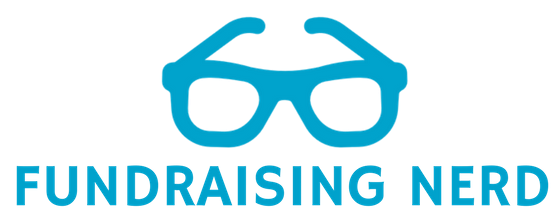Social Media Strikes Again
AASP's opening keynote is The Convergence of Social Media, Social Networks and Nonprofit Organizations by Allison Fine. She is beginning with the recent uprising in Egypt, where social media played a huge role. Now individuals have the organizing power that used to be possessed only by institutions like unions and political parties. Allison calls these individuals "free agents," who are now crashing up against the walls of institutions, including nonprofit institutions. Institutions have spent a huge amount of time fortifying themselves with bureaucracy to control, including messages. Then we hire young people who share their lives online without a second thought.
Allison encourages us to stop thinking of social network relationships to be less real than in-person relationships.
The tools of social media has a common set of characteristics -- they are ubiquitous, inexpensive and easy to use. And they are relationship-based, rather than based on broadcasting from one to many. Our constituents expect to have a conversation with us -- this is a difficult cultural shift for century-old institutions to make.
Allison thinks that social networkings are "re-humanizing" our organizations by reminding us of how to talk with others, rather than at others. This requires that we be transparent, remember we are part of a network, give more credit than we claim, and listen more than speaking. What stops us from realizing these possibilities is fear: of loss of control of the message, and harm to our reputations. Both of those things have already happened online. We already can't control the message online; what we can do is participate in the conversation.
To start using social networks, begin with social media policies (what can and can't employees say). Then go online and listen to what people are saying about you. If you are hearing criticism, use the opportunity to engage and hear feedback.
Allison gives the example of the Humane Society. They spent 18 months friending people on Facebook, without asking for any money. After building those relationships, they raised $650,000 for Spay Day.
Now she's talking about Peggy Patton (spelling?) from Portland, OR, who has been raising money for a kind of anemia. She read about a challenge to raise money on Facebook, and decided to learn how to make a Facebook page to attempt to win the challenge. Her fundraising went viral, and she raised over $100,000 and 3,000 friends for the cause, and won the challenge.
Now for a few do's and don'ts/ odds and ends:
Dealing with wing nuts or criticism -- listen and respond. Lack of agility will worsen the situation.
Allison also mentioned that bloggers must post at least 3 times a week to maintain traction. (Sigh... That hit me where it hurts.) She suggests that having multiple voices can help to make sure your blog is frequently updated.
Don't use social media to broadcast your press releases -- it's a misuse of the tool by attempting to use it for broadcasting rather than conversation.
Don't use social media channels only for fundraising. There's nothing wrong with making an ask, but that shouldn't be the only content.
Don't go live with a fully-formed plan. Harness the "spirit of co-creation" to use the channel to ask for advice, including on how to raise money.
Allison is a big fan of Hoot Suite to manage Twitter feeds.
Allison just predicted Facebook may become the AOL of social networking due to their privacy policies.
